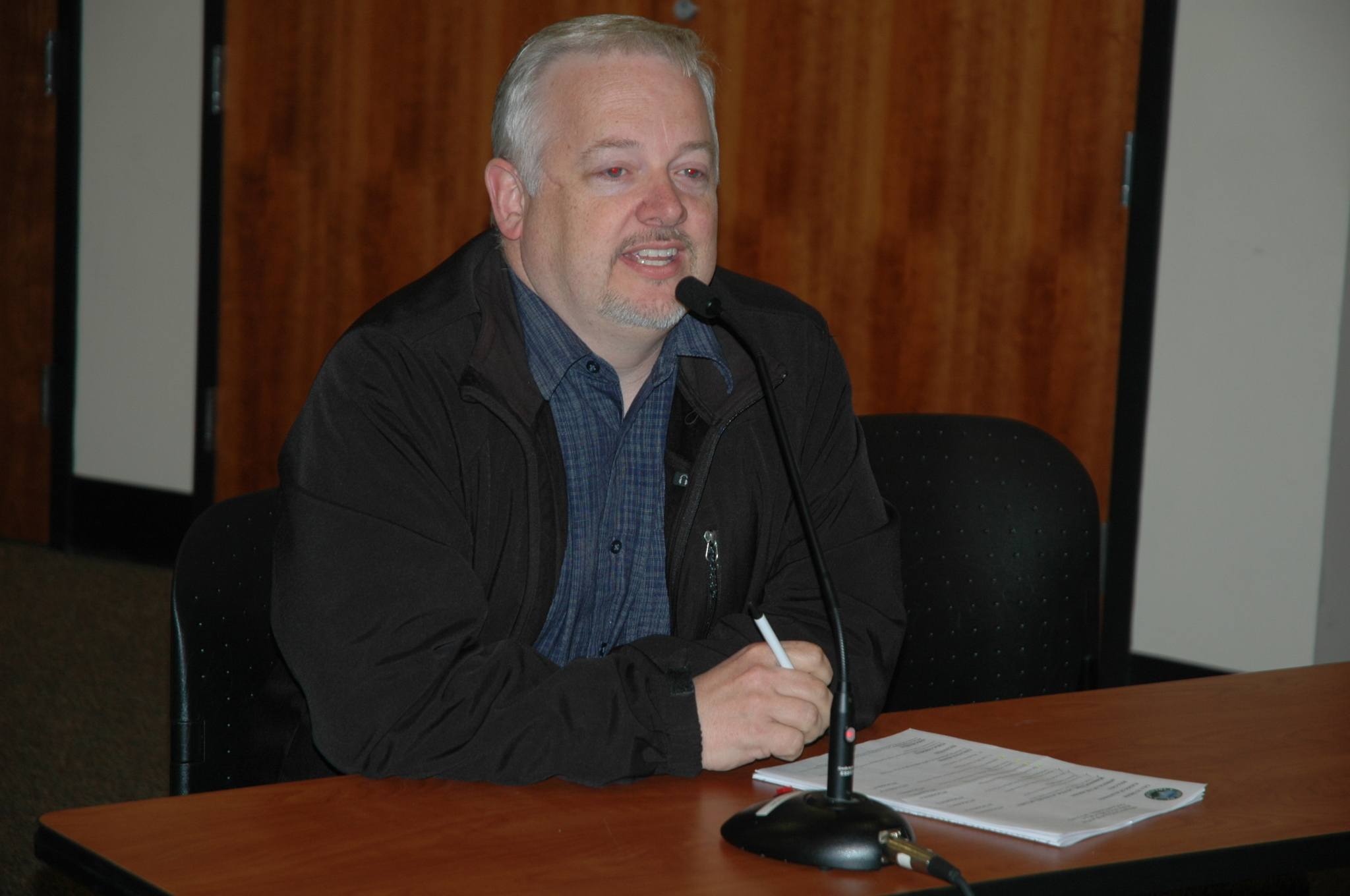ARLINGTON — More than a mile of aging water pipe made of asbestos-concrete will be replaced in the city. On one project, the old pipe will actually stay in the ground because to move it would lead to more challenges.
“What we plan to do is cut it out and roll it to one side, in the ground, so that the new pipe can be installed,” city engineer Eric Scott said. “That meets all the EPA guidelines. If we tried to remove the old pipe from the ground, we’d have to wear full hazmat suits, because the asbestos is very brittle and sensitive to vibration.”
When the Arlington City Council meets June 6, it will have that and other bids to consider. Among the projects Scott presented May 23 were proposals to award bids for water improvement and pavement preservation projects, as well as a contract to develop a new water source.
Bids for the replacement of approximately 6,300 feet of asbestos-cement water mains were opened May 17. Reece Construction was the low bidder at almost $1.466 million. The city’s estimate was $1.681 million.
“This is more than a mile of aging pipe that’s going to be replaced,” Scott said. “Asbestos-concrete pipe was originally used because it was very affordable, but it was found later that it tended to fail in acidic soil.”
The other project is replacement and upgrade of water mains on Fifth Street and Highland Drive. “Everyone has a program to remove these pipes,” he said.
City Administrator Paul Ellis noted that the city has a timetable to replace all of its asbestos-concrete pipe eventually, but Scott assured the council that there’s no risk to the city’s water quality in the meantime.
The project is also being coordinated with the Transportation Benefit District’s pavement overlay program, so that all impacted neighborhood public streets will be resurfaced after completion of the water main installation.
Because bids didn’t open until May 24, Scott wasn’t able to report who had bid on the project, or who the low bidder was, during the council workshop. The engineers’ estimate is $1.56 million. Pavement preservation will also be completed on Cemetery Road and 59th Avenue as an additive alternate, pending bid results.
Also, Scott recommended the city move forward in permitting a new potable groundwater source by contracting with Brown & Caldwell to provide consulting and well-drilling services for the first phases of the project.
The city’s airport well was originally constructed in 1947, but in 2009, the lower half of the well collapsed and had to be abandoned, which resulted in a decrease in the city’s well capacity.
After a 2011 study to weigh the merits of increasing the Haller well’s capacity or installing a new well elsewhere, the city identified a project in 2015 to develop a new water source.
“The airport would not be a favorable location, due to its level of industrialization,” Scott said.
Although the city will begin its search for new water sources as close to the city limits as possible, Scott pointed out that the primary consideration is where the water is.







